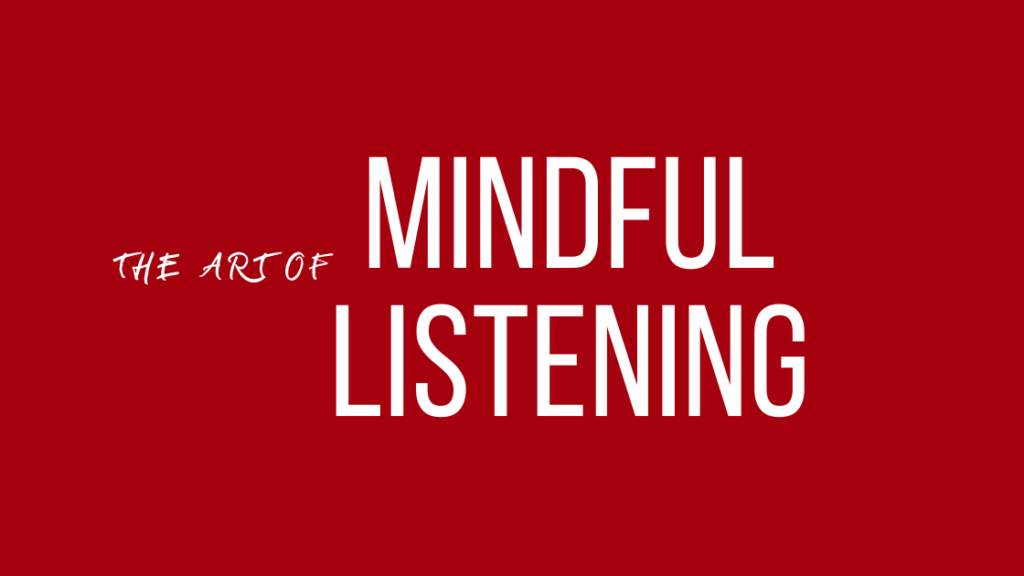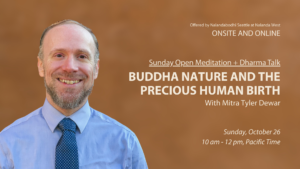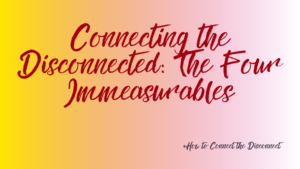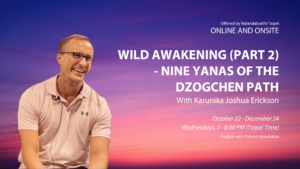We may think listening is easy, but true listening requires openness and courage. Listening is about connection and validation. When we feel heard, we feel cared for and understood, just as we are. As my teacher Ponlop Rinpoche says in his book, Emotional Rescue, “You must listen from your heart, the way you listen to music. And when you listen in this way, there’s an openness that allows for the merging of two minds, or two hearts, into one.”
Mindful listening helps us stay open to another’s expression of intense emotions. It’s not about giving advice, trying to fix the situation or agreeing with the speaker. What is most needed is to listen compassionately and to take our egos out of the equation. For example, instead of saying, “I know just how you feel,” you might instead say something like, “That sounds so difficult. Tell me more.” Notice how different the two responses feel.
It’s easy to be triggered when listening to another’s experience. Out of our own anxiety, we may say something unhelpful or damaging. Instead of responding right away, take a breath and stay present, rather than just reacting.
Understanding our habitual reactions when trying to listen is key to being a helpful listener. I have noticed my own tendencies to defend myself or give advice. Becoming aware of my kneejerk responses of “that’s not true” or “maybe you should…” has definitely helped!
Another kneejerk reaction is interrupting with a meaningless question. For example, when I was working as a new grief counselor with a woman describing her pain after her son’s unexpected death, I interrupted with the question, “How old was your son?” My anxiety prevented me from hearing the emotional tone, and my mindless question broke our emotional connection in that moment.
Practice
Here are some suggestions for mindful listening:
- Notice your physical and emotional responses as you listen.
- Notice where you feel tension or anxiety in your body: Is your heart beating faster? Are you feeling tightness in your chest? Fluttering in your stomach?
- Take a mindful gap and breathe before responding.
- Listen not only to the speaker’s words, but also pay attention to their body language and emotional tone.
- Remove distractions such as cellphones or paperwork that may prevent you from being fully present with the other person.
- Pay attention to any judgments or defensiveness that arise and set them aside.
- Check in with yourself during the conversation and make sure you are still present and listening.
Sometimes the best response is sacred silence, meeting the other with compassion and understanding. The key is to be present. Meet the other with an embrace of whole-hearted, compassionate attention, so that they feel held by the knowledge that they are heard.

Beth Patterson is a psychotherapist specializing in grief, loss and life transitions. In her work, Beth relies on Buddhist psychology, mindfulness based cognitive therapy and body-centered therapies. Her articles and ebook are available at www.bethspatterson.com. Beth is a longtime Buddhist practitioner and a student of Dzogchen Ponlop Rinpoche.






